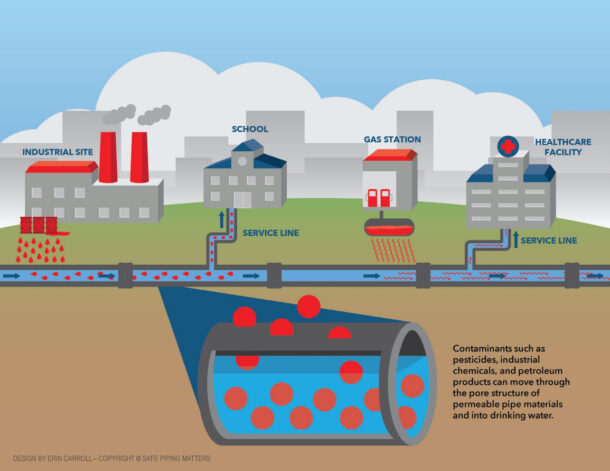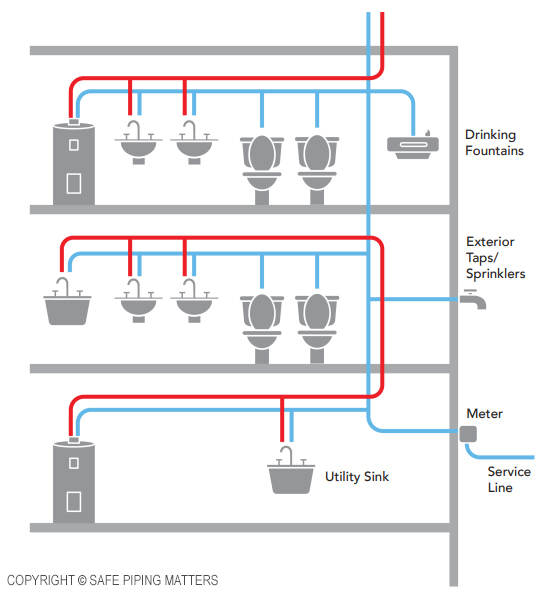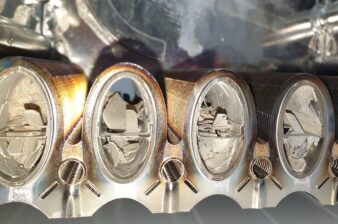The release of a new Plumbing Specification Guide from Safe Piping Matters gives design and construction professionals an additional resource to guide evaluation and selection of pipe and fittings for drinking-water, drain/waste/vent, fire-suppression, and other critical piping applications. The new specification guide will also support municipalities and owners of individual buildings as they work to upgrade piping systems, including replacing infrastructure prioritized in recent federal programs.

“Recent piping crises illustrate the importance of making thoughtful, informed choices,” said Paul Hagar, Executive Director of Safe Piping Matters. “Lead pipes are a prime example – a once widely available, affordable piping material deemed safe for use. Over the last decade, however, communities are investing billions of dollars and countless hours finding and replacing these toxic pipes. Piping systems represent a hidden opportunity to ensure the safety and health of occupants while also supporting the sustainability and resilience of a building.”
Available at SafePipingMatters.org/guide, the specification guide offers straightforward explanations and recommendations based on industry expertise, academic research, and real-world examples. Key topics include:
- System configurations
- Piping material strengths and weaknesses
- Plumbing codes, standards, and specification language
- Safety issues such as permeation, combustibility, and firestopping
- Health risks from leaching and toxicity
- Resilience factors that affect the lifespan of pipe
- Environmental issues related to production and disposal of pipe materials
- Emerging issues

Safe Piping Matters is a nonprofit organization dedicated to providing design and construction professionals the best information on safe, resilient, and sustainable piping. We believe systems should not only improve building performance, but also protect the health of the people who live and work in them. Details at SafePipingMatters.org.




Join the conversation: